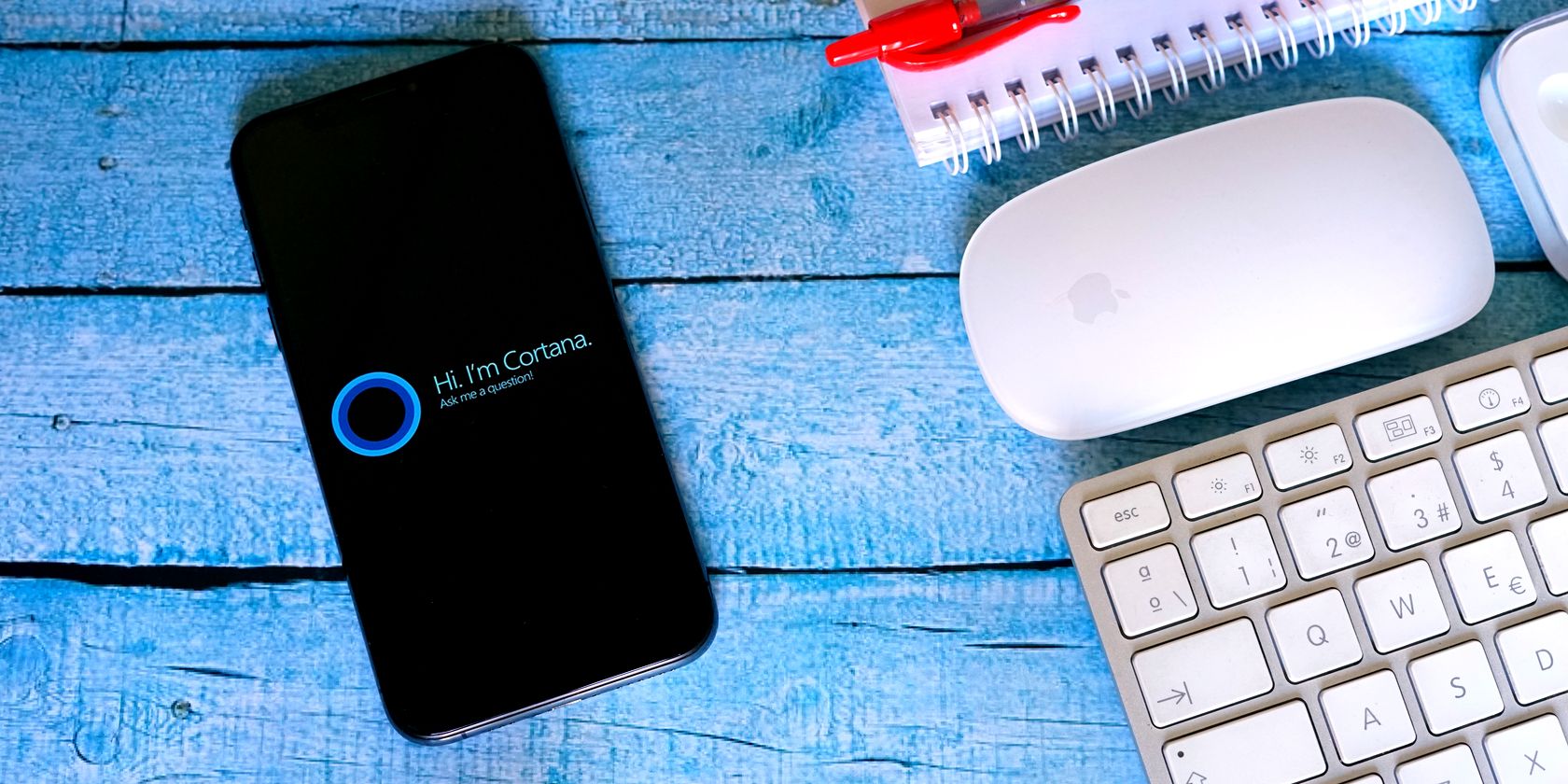Microsoft has officially killed off Cortana. But before you begin rejoicing (or weeping—some people like Cortana, after all), know that Microsoft is only pulling Cortana from Android and iOS devices.
The move isn't a complete surprise, as Redmond notified users that the voice-search and personal assistance tool would come to the end of its current iteration at some point in 2021. Still, the actual announcement was lowkey and caught some users by surprise.
It's Curtains for Cortana (on Smartphones)
As of March 31, 2021, Microsoft is ending support for its productivity assistant on Android and iOS devices. The official statement, found on the official Microsoft Support site, confirms as such.
As of March 31, 2021, the Cortana content you created–such as reminders and lists–will no longer function in the Cortana mobile app, but can still be accessed through Cortana in Windows. Also, Cortana reminders, lists, and tasks are automatically synced to the Microsoft To Do app, which you can download to your phone for free.
Unfortunately, Cortana's demise on iOS and Android devices will take your existing lists and reminders with it. As support is ending entirely, Microsoft is no longer offering any support for existing content. This means you should export any existing lists or otherwise from Cortana into a separate app.
Microsoft Silences Cortana for Consumers
Cortana isn't going away for good, though. Microsoft is silencing Cortana as part of a wider shift in the tool's functionality. Cortana will continue development with a pivot towards productivity, product integration, and some of Microsoft's more business-focused tools and software.
For many, the demise of Cortana on mobile devices has been a long time coming.
After Microsoft killed off its own smartphone devices, Cortana became an optional tool for Android and iOS devices. Both major mobile operating systems come with popular voice assistants of their own, Google Assistant for Android and Siri for iOS.
Once Cortana became an optional download with less integration and functionality than either of these native voice assistants, it was difficult to see a way back for Cortana, at least regarding consumer devices.
By the company's own admission, Cortana was no longer a competitor with Siri or Google Assistant, not forgetting Amazon's Alexa digital assistant surging onto the scene during the same period.
Microsoft's decision to switch Cortana to a specialized productivity-focused tool rather than a general voice assistant could give it a new lease of life.
So, the wait for Cortana's next iteration begins now, but it won't take long for one of the least popular voice assistant apps to emerge as something new and exciting.

